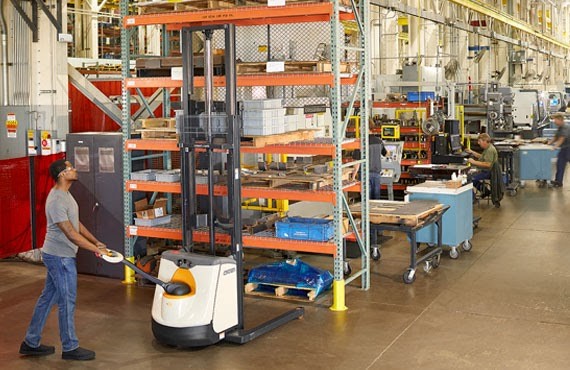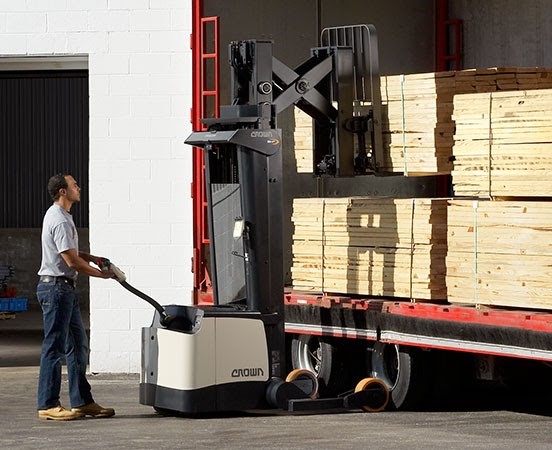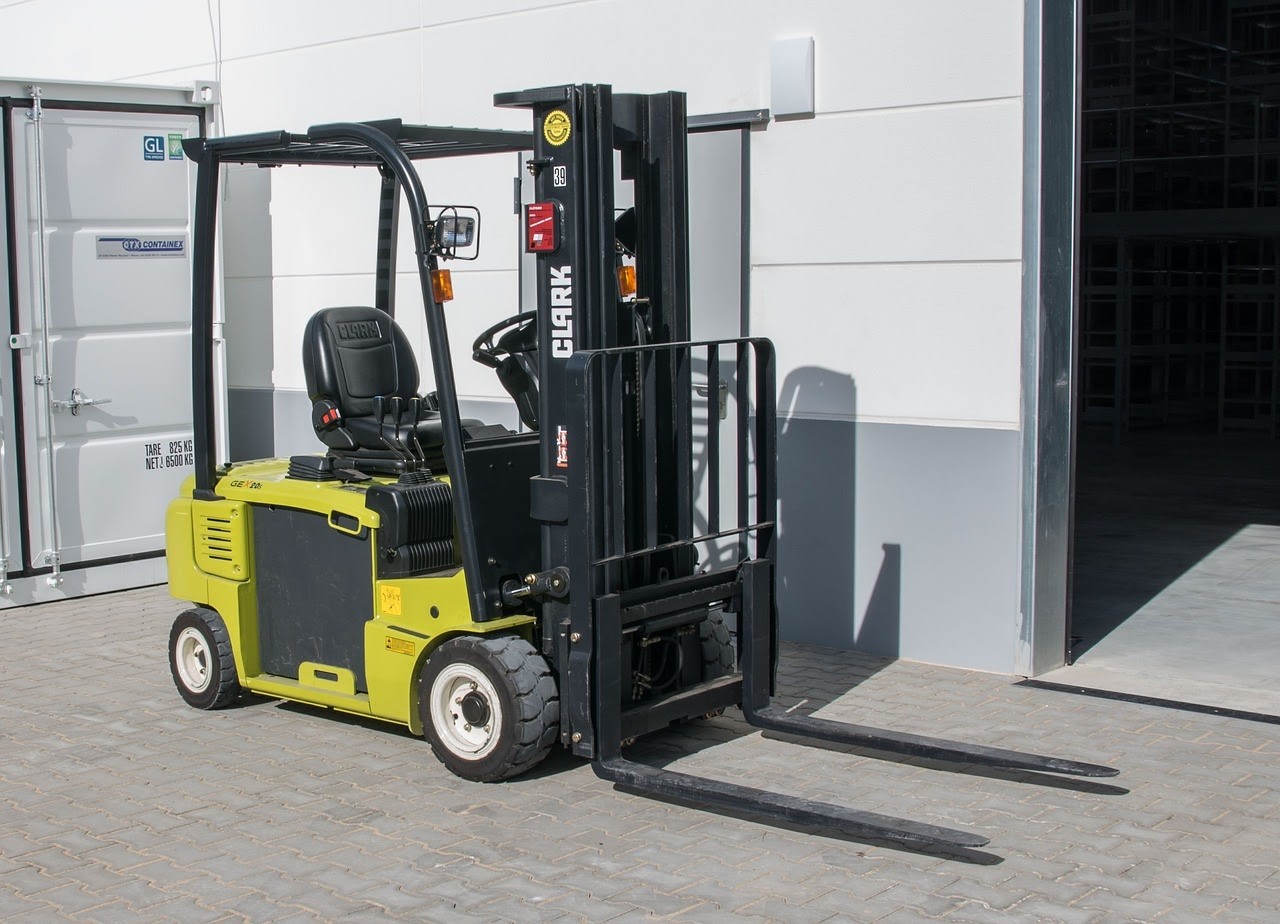Regular maintenance is important if you want your forklift to operate at its best. And, regardless of the model – be it high-reach, all-terrain or anything else – staying on top of all the moving parts will ensure your team can work safely and efficiently. Want to find out more? Keep reading this blog from the team at Triwest.
- Pick up on issues early
Having your forklift checked by an experienced technician is key because it will help you to pick up on any potential issues before they get out of hand. This can relate to the motor, the battery, the forks and all other components of the machine. By finding problems early, you can save yourself a lot of money in the long run as you can avoid having to replace expensive parts altogether. Instead, you may get away with a simple oil change or re-tuning.
- Prevent accidents
Preventing accidents should be at the top of everyone’s priority list. The good news is you can go a long way to limiting risk by having your forklift serviced on a regular basis. This is crucial because forklifts are heavy, powerful and fast, making them a potentially lethal combination. The right team will check to make sure that everything is running as it should, be it the brakes, the hydraulics, or the steering.
- Boost productivity
It’s no secret that you need your machinery to be working well in order to run a successful business. With this in mind, it makes sense to prioritise forklift maintenance. The reason being that forklifts that are properly looked after will be able to produce better results. Your team will be more efficient and you won’t have to worry about breakdowns or costly delays getting in the way of your daily operations. After all, how would your business manage if all your forklifts suddenly stopped working?
- Reduce wear and tear
Forklifts are made to lift heavy loads, but this is taxing work (even for a machine). As a result, your forklifts will experience wear and tear which can impact productivity and compromise safety. For instance, brake pads can become less responsive, acceleration can suffer and hydraulic strength can diminish with time. A professional service will take into account all of these issues, and the work performed will help to prolong the life of your machine.
Expert forklift servicing in Melbourne
Worried about the lifespan of your forklifts? Triwest offers a reliable forklift maintenance service to customers across metropolitan Melbourne and regional Victoria. With over 40 years of experience, we deliver standout results so you can operate with confidence at all times. Speak to us about our forklifts support services by calling 1800 874 937 or complete a contact form and we’ll get back to you as soon as possible.



